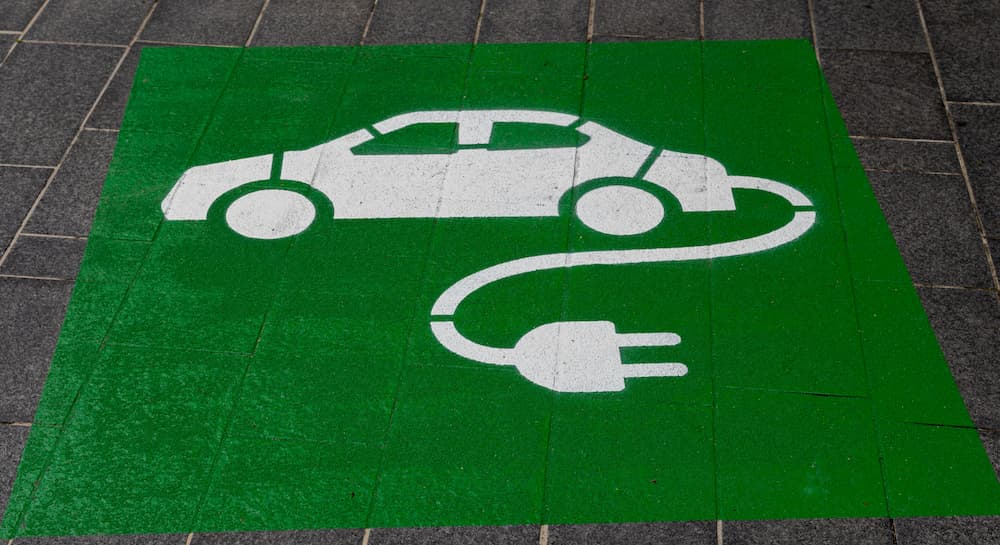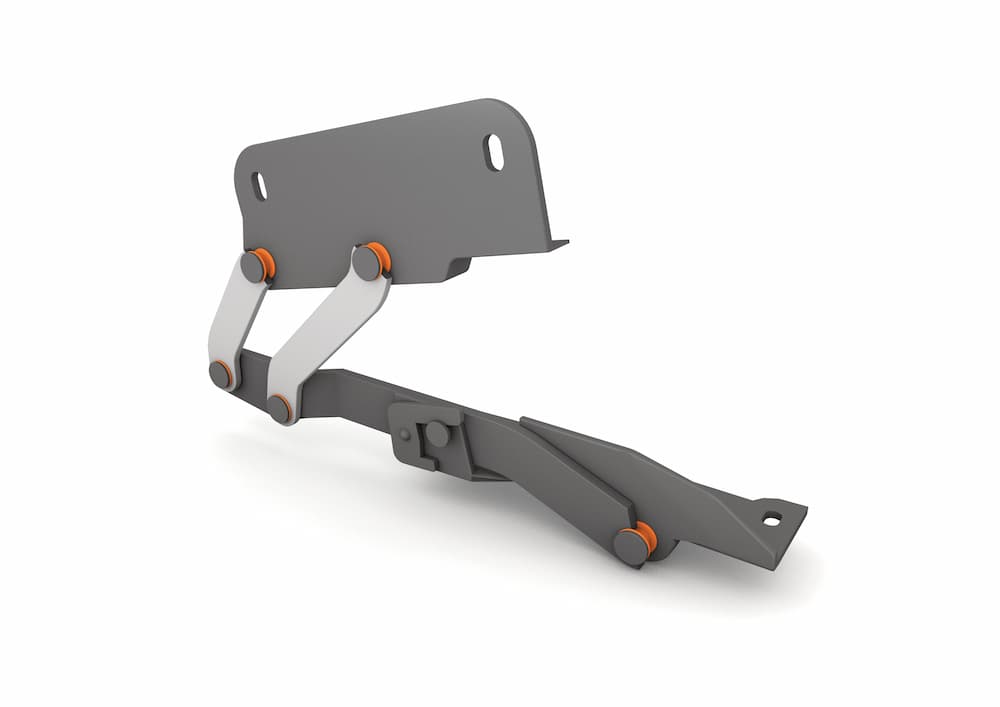The Future of Electric Vehicles in the US
Note: This blog post has been revised for the US.
The electric car era is approaching fast and for many of us, we are yet to get involved. However, in many cases the need for electric cars far outweighs any negative issues that seem to be circulating. But many people are asking, when will all cars be electric in the US?
So, when will all cars be electric?
This is a difficult question to answer for the US, as there are not only misconceptions surrounding the efficiency of electric vehicles (EVs), but also uncertainty around pricing, adoptability, incentives to switch to an EV, etc. However, in August of 2021, President Biden announced an outline of steps targeting a 50% sales share of EVs by 2030. Successfully accomplishing this goal would mean a reduction in greenhouse gas emissions from new vehicles by at least 60% in 2030 as opposed to vehicles sold in the year 2020.

So, is the country on track to reaching this goal? And how will it be possible to achieve this goal?
It’s all to do with the design
There are multiple factors to consider when manufacturing electric cars: cost, weight, durability, to name a few and with the ever-increasing cost of oil, designers of electric cars are searching for alternatives. Alternatives such as polymer products from igus®. The plastic components are now being designed into electric cars to reduce weight, save costs and to be part of the sustainable economy. The future is electric cars. Predominantly, when we think about advancements in electric cars, we are thinking of the battery. The development and improvements with batteries is only half the story. The other half surrounds the demanding and essential need for change: change in perception, change in materials, and change in technology.
These changes are crucial for the world’s economy, and with the automotive industry being so dominant, it is this industry that is leading the way with pioneering changes. But with such a demanding industry, ensuring that changes are constantly developed and implemented is not an easy task and falling behind in terms of design is not an option.
Check out this blog to see more ways of reducing noise within automotive vehicles: https://toolbox.igus.com/automotive/how-do-plastic-bearings-bushings-reduce-noise-in-automobiles
Polymer instead of metal helping all cars in the US become electric
Weight reduction is a key element in the car manufacturing process and many manufacturers are trying to reduce the overall weight of the vehicle to make it even more sustainable. Using products such as igus® igubal® rod ends, not only does the weight remain low, but the parts also require no external lubrication, are hard wearing, and cost-effective. Other areas of the vehicles where igus® products can be used include:

- Steering- other igubal® spherical bearings
- In the gearbox- high temperature iglide® T500
- In the pedals- plain bearings made of various polymers
- In the suspension- plain bearings and igubal® spherical bearings
Lightweight can equate to efficiency
A misconception is something that is lightweight is not capable of withstanding the demanding environment of the automotive industry. Our igus® products are lightweight, in fact 7 times lighter than the equivalent metal component; however, they are also reliable and resistant to wear, making them ideal for electric cars. They can withstand high loads and high impact forces, can reduce vibration and are shock-resistant. Another advantage is that they are weather-resistant, so they will not erode with the elements. All of these attributes aid the growing electric car market, a market that the US is proud to be a part of.



